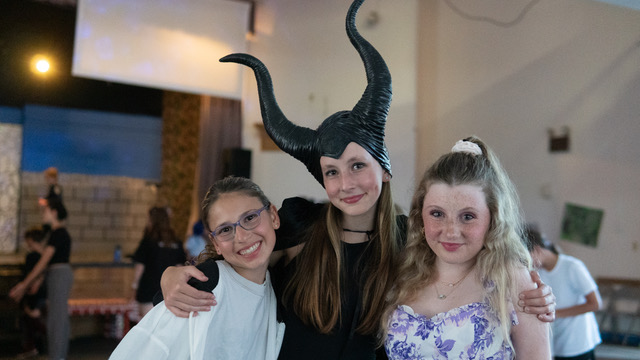When did you realize that you talk to yourself? That little voice inside your head that says things like ‘wow… that donut looks really good’ or ‘wait… what test was today?’ or ‘you got this. You can do this!’
The technical term for this phenomenon is ‘self-talk.’ As far as we know, this super power exists only in humans and is definitely something sets us apart. It’s also places HUGE importance two things: story-telling and intention.
Your Story
That inner voice you hear? It’s telling you a story. Good, bad, indifferent… it’s a story that you are hearing. It’s almost an automatic thing.
When I was in college and playing some really good (for me) golf for our team, I got a place where I was close to the lead of a tournament on the last day. I distinctly remember the voice inside my head saying ‘you are going to screw this up’ on the 16th tee.
Now… that was a terrible story to be told. Thankfully, I had taken a class the year before by Dr. Bob Rotella, a sport psychologist who worked with athletes on improving their performance. I followed his advice:
- Take a deep breath.
- Recognize what it is – a story. Not real life. It’s a story.
- Check it – is it true? Is it useful to my ultimate purpose?
- Change it to a useful story intentionally.
- Get committed to what you want to do, perform and accept the results.
This is something I’ve used a TON of times since that point. Whether it was asking Kate out on our first date or surprising her for our second two weeks later, I had to use this system. Heck, right before I pulled in to Camp Weequahic in June, 2009, I had to use it. (“This is a mistake! It’s too far gone! No one would want to come to camp in this condition!” The little voice was SCREAMING in my head.) Good thing I had that system from Dr. Bob.
Two Questions
I love the middle step above. Ask two simple yet important questions: Is it true? In the golf example above, the answer was unknown – I hadn’t hit the next shot yet. So, no, it wasn’t ‘true.’ Secondly, was the ‘you are going to screw this up’ story useful? Only if I wanted to screw it up… and I decided I didn’t.
In that situation (as in most), a more useful story is one of planning and releasing. Teacher Arthur Brooks describes the process as ‘intention without attachment’: this is what I want to happen and I’m ok with how things go. (The ‘and’ is super important in that sentence!)
You Get To Choose
That voice inside is just that… a voice. It’s not always true. It’s not always useful. You can alter, change, ignore, accept or anything else you’d like to do. You are in charge, not that little voice.
So, does the voice ever go away? No, but with practice, you can get a lot better at either ignoring or reframing really quickly. “Oh, little voice – you must be nervous about something. It’ll be ok – watch this!” In the best scenario, you make friends with the voice as it’s a part of you that is trying to be helpful, even when it’s not actually being helpful.
You get to choose. Why not start practicing that choice today? Tell yourself a useful story about yourself and building on it. It’s one of your super-powers. Go use it!



